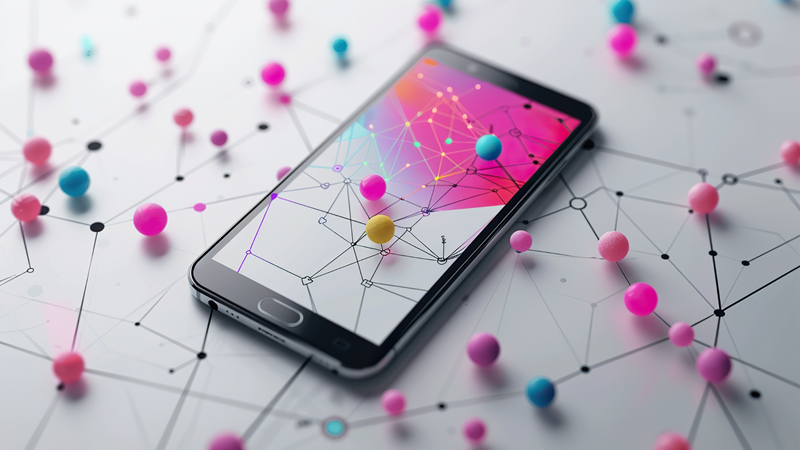AI impact on hiring, talent, skills and roles
In today's fast-paced and digitally driven world, the process of hiring top talent has evolved significantly. Innovative technologies now accompany traditional methods like reviewing resumes and conducting interviews. These tools accelerate the recruitment process and enhance decision-making capabilities. There are a range of tools available to assist hiring managers in finding the perfect candidate, but also to help job seekers generate cover letters and resumes. Among these advancements is ChatGPT. Here, we explore what ChatGPT and AI more broadly means for employers and job seekers.
To start, let’s consider who wrote this introduction. Was it me or ChatGPT? It can be difficult to determine whether AI was involved or not. Given all the types of content formats that ChatGPT can deliver, it’s not unbelievable that it may have been ChatGPT. After all, ChatGPT does write blogs, poems, social media posts, ad campaigns, job postings, resumes and more. Currently there is a flood of products being released, which makes it hard to keep up and assess what is AI generated or not. This challenge lends itself to the first issue that hiring managers will encounter.
The volume of resume applications has stayed relatively the same but will likely increase. So, how do you differentiate candidates if all the resumes look the same and are of the same caliber, at least on the surface? Knowing candidates could and do use ChatGPT to write cover letters, resumes and presentation decks; recruiters, HR and hiring managers will need to hone their skills and lean into tools to aid in narrowing down their top candidates. At a recent Marketing Talent Committee meeting, members discussed whether AI is likely accelerating the death of the resume (leaning towards yes in long term), the importance of pre-employment testing and the likelihood that video evaluations will increase, as they become the best tools for determining whether candidates are qualified.
It’s expected that a new standardization is on the horizon with this new technology. While the use of templates exists now and are often seen in entry level hiring, they will become more widely available. There will also be less room for error when it comes to things like spelling and grammar. The upside of tools like ChatGPT is that it will equalize the job application submission process and provide people with more opportunity to get their foot in the door. Candidates that may not excel at writing resumes or creating portfolios, or individuals whose first language is not English or French and trying to break into the market, could benefit from generative AI tools. Overall, the way hiring managers evaluate candidates and how candidates differentiate themselves will evolve, as will required skills.
Similar to how having strong Excel skills and knowing how to build a macro from scratch is currently considered having an advantage, ChatGPT and AI skills, will be a must. Candidates and employees that know how to use AI tools will be more efficient in their roles, and this will result in a new baseline for entry to mid-level positions. People who know what kind of prompts will make the deliverables strategic are a benefit to companies. The assessment of work outputs will also change; it will be less about building a PowerPoint presentation, and more about leveraging generative AI to build it for you. Ideation, logic, and strategy will become more valuable. Having the foundational knowledge to assess information, critically think, and demonstrate analytical and communications skills, will all take a front seat as crucial skills.
While many roles are impacted by this technology, it is still too early to tell which ones could or will become obsolete. Many roles will evolve to lean into the use of AI tools leveraging the functionality to deliver results faster, raising the bar of what is good work. The impact of AI on organizational structures as the nature of entry-level positions will likely change – reducing the amount of time spent on the minutiae tasks and necessitating higher-level thinking from the outset. In this way, training and mentoring programs will become significantly more important in developing talent. Companies will need to consider creating growth opportunities to ensure future leaders can develop because they may not receive the same hands-on experience that their mentors did.
Right now, most technology needs further development and still requires people to know how to ask the right questions for the right outputs. Are you still wondering who wrote the introduction paragraph to this blog post? Well, it was a combination of ChatGPT and the author’s discernment. Though the tool can draft compelling content, it still requires editing and polishing before publishing.




































